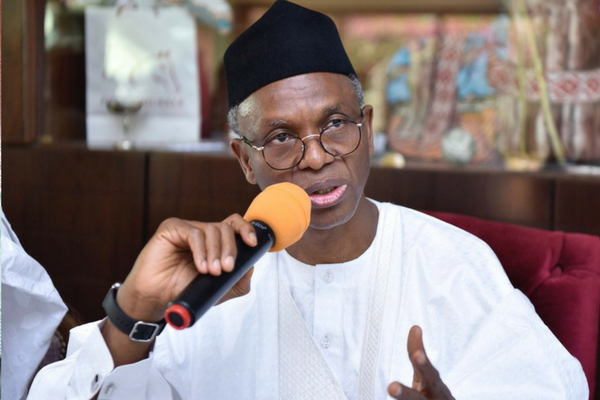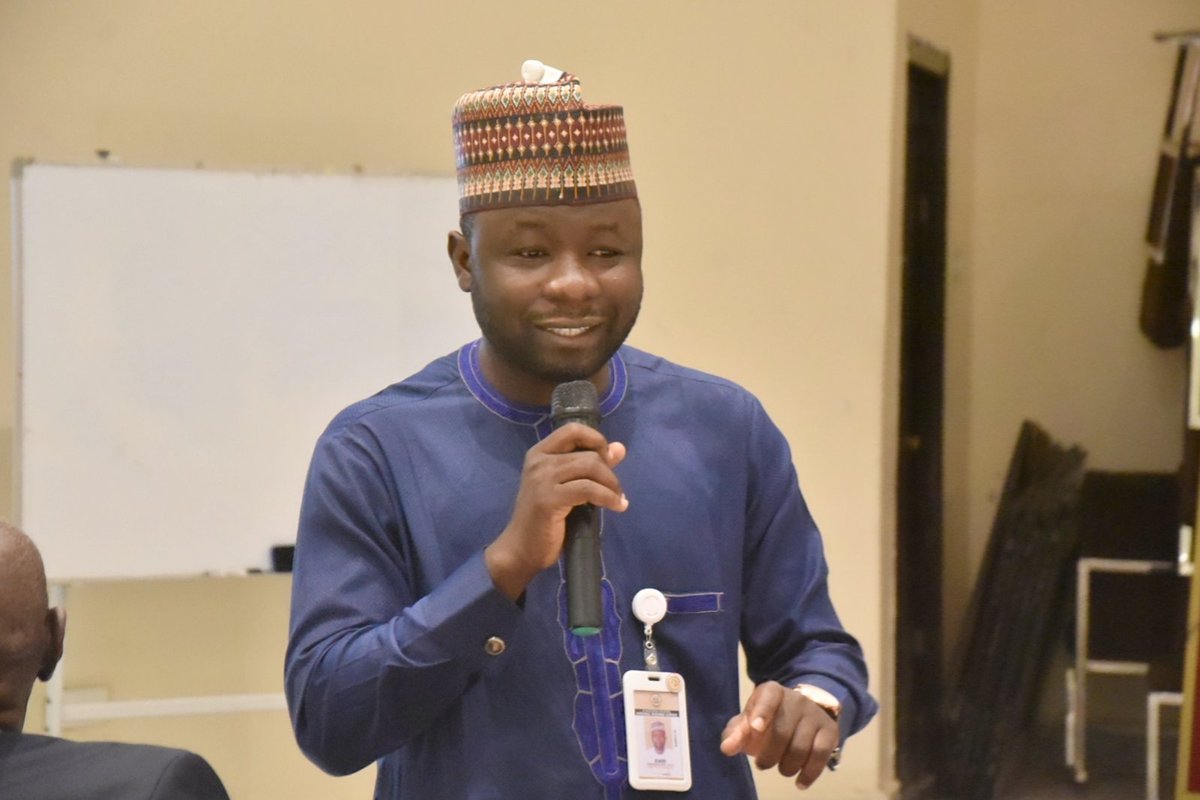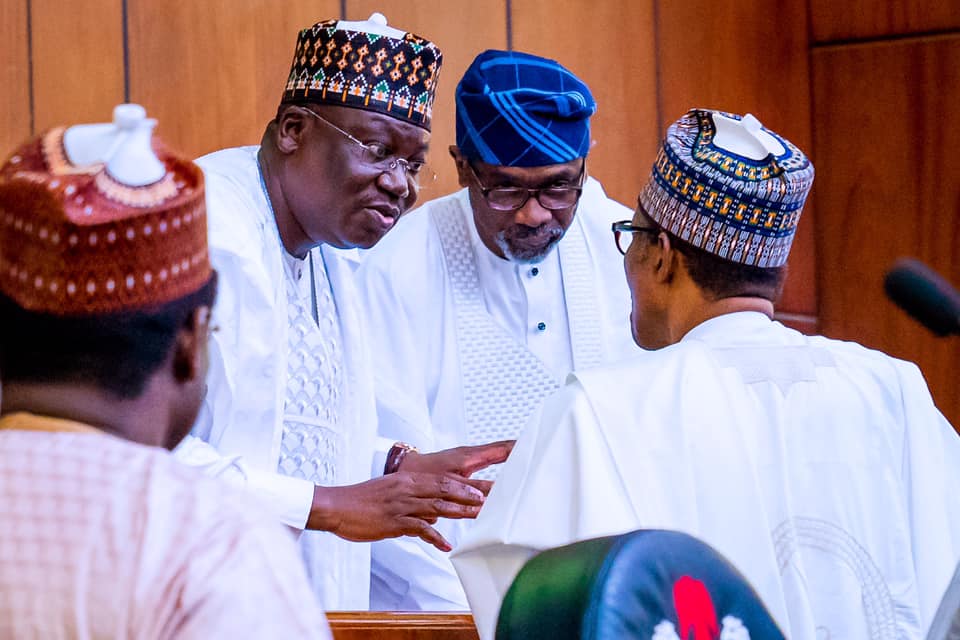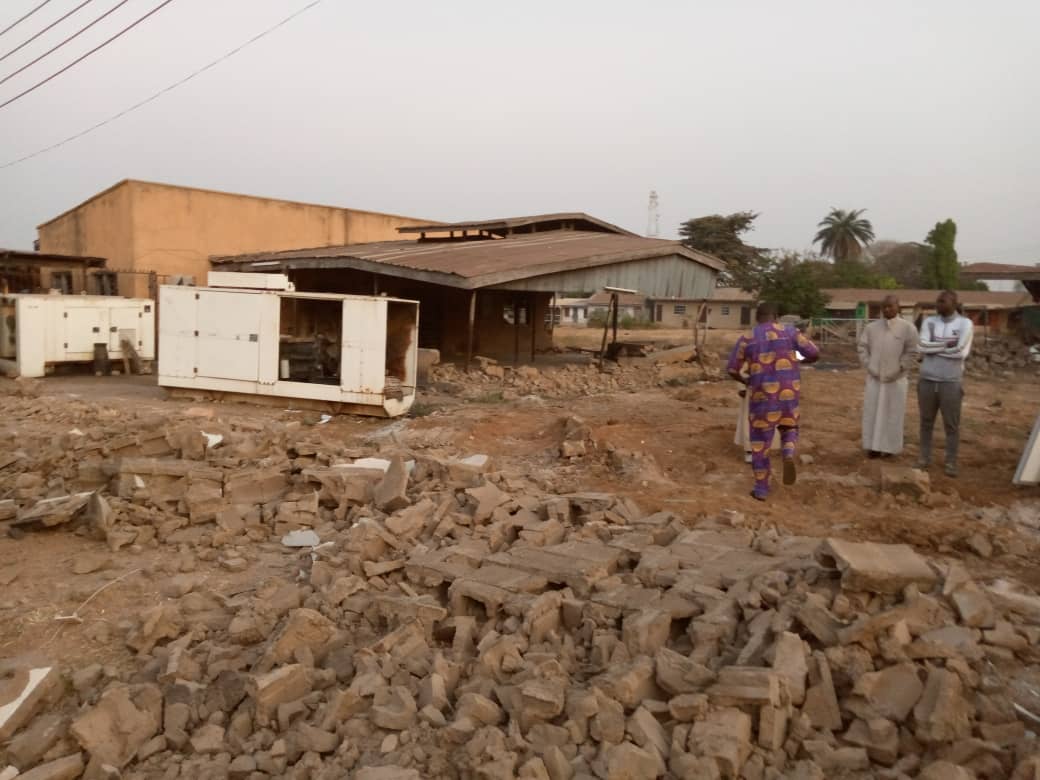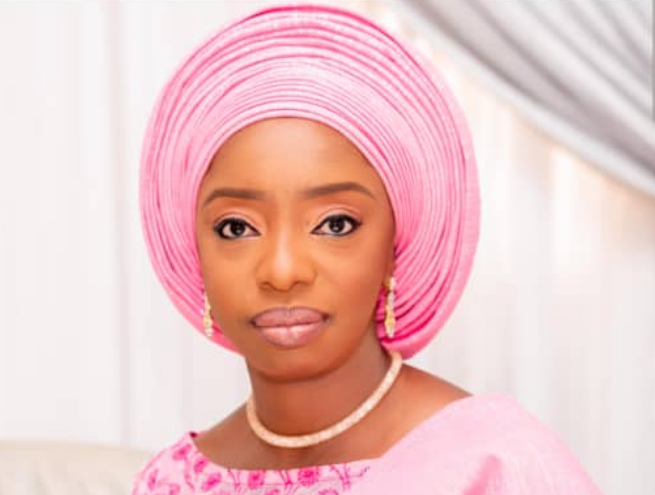El-Rufai
BY PETER IBRAHIM
At swearing in, presidents and vice presidents , as well as governors and their deputies, usually take an oath of office, where they will promise to be faithful and bear true allegiance to the Federal Republic of Nigeria. In addition, they also swear to discharge their duties to the best of their abilities and in accordance with the nation’s constitution. Thereafter, they assume their respective positions with the full compliments of their offices. Since 1999, most governors have personalised public office rather than see it as a platform for public service.
Section 190 of the 1999 Constitution of the Federal Republic, as amended, stated clearly that where a state governor is traveling, the document requires him to handover power to his deputy, by transmitting a letter to the State House of Assembly. In clear terms, the section states that, “whenever the Governor transmit to the Speaker of the House of Assembly a written declaration that he is proceeding on vacation or that he is otherwise unable to discharge the functions of his office, until he transmit to the Speaker of the House of Assembly a written declaration to the contrary such functions shall be discharged by the Deputy Governor as Acting Governor”. However, most governors observe this section in the breach.
Significantly, it is common to see governors refusing to allow their deputies to assume their functions in acting capacities whenever they are leaving the country as the constitution enshrines. In some cases, they argue that they personify the office and they can run government from anywhere, given the advances in Information and Communication Technology. However, Malam Nasir Ahmad El-Rufai, the Governor of Kaduna State, has been following the spirit and letter of this constitutional provision since he assumed office in 2015.
Advertisement
On several occasions, Governor El Rufai has transmitted power to his former deputy, Arch Barnabas Yusuf Bala, when the call of duty takes him outside the country. Specifically, in May 2017, Bala became the acting governor of Kaduna state. On May 16, he even met with community leaders of different parts of the country who are resident in Kaduna. The meeting was a pre-emptive action aimed at staving off the crisis that would have occurred , following the clash between Yorubas and Hausa community in Ile Ife, in Osun state. At the meeting, leaders of Igbo, Yoruba, Igala ethnic groups, as well as those of other ethnic nationalities, convened at Government House to face the looming crisis. Bala, in his appeal, had asked them to prevail on their people to preserve the prevailing peace in the state, by desisting from spreading rumour and circulating fake video clips. In September 2018, he also stood in for Governor El Rufai when the latter travelled out of the country. In that capacity, he presided over the swearing in of Justice Muhammad Lawal Bello as the acting Chief Judge of Kaduna state.
By his own admission, Barnabas Bala has said that he is one of the few deputy governors that have acted in their governors’ absence in this dispensation. In January, he confessed this ‘’privilege’’ at a political gathering at the Kachia Township stadium, where the Kaduna State Campaign Council of All Progressives Congress(APC) went to seek for support in the run up to the last elections. According to him, ‘’most deputy governors are not relevant in their states. They are just in government in name. But this is not the case in Kaduna state, where I am being given due recognition and functions of my office. This is very rare in the type of democracy that we are practising.’’
Significantly, Governor El Rufai has continued to accord the same respect for the constitution, especially section 190 which relates with acting governors, in this dispensation. In this regard, Dr Hadiza Sabuwa Balarabe, the deputy governor of Kaduna state, is being given the recognition, respect and functions deserving of her office. On several occasions, the governor has transmitted power to her in the last six months. Indeed, the cordial working relationship between the governor and his deputy started even before she assumed office. As deputy Governor-elect, Dr Balarabe was made a Senior Adviser-Counsellor and in that capacity, she was advising El Rufai on Human Capital Development. Similarly, she attended State Executive and Security Councils meetings even while she was yet to be sworn into office. In addition, she chaired the Transition Committee which fashioned out the blueprint of the present administration’s second term during the ‘’waiting period’’.
Advertisement
Upon assuming office, the medical doctor-turned politician has been deputizing and acting on behalf of El Rufai. Last June, she represented El the governor at the Ramadan Lecture of the Federation of Muslim Women’s Association of Nigeria(FOMWAN). Likewise, she represented Kaduna state at a symposium organised by the Federal Capital Territory Archives and History Bureau, when it marked the Archival Day. Last month, Dr Balarabe represented Kaduna state at the meeting of Northern Governors’ Forum. In addition, she represented her principal at the Kaduna Book and Arts Festival(KABAFEST).
Similarly, Dr Balarabe chairs the State Executive Council, the highest decision-making body, when El Rufai is outside the state. Recently, the deputy governor had presented the 2020 draft budget at a Town Hall meeting, where stakeholders made inputs. Similarly, three days later, she submitted the document to the House of Assembly as acting governor of Kaduna state, the first acting governor and woman to have done so since the coming of this dispensation.
Significantly, both Governor Nasir El-Rufai and his deputy, Dr. Hadiza have further proven their respect for the rule of law by allowing the Speaker of the State House of Assembly, Right Honorable Aminu Abdullahi Shagali to assume the responsibilities and functions of the governor in acting capacity. Specifically, Dr Balarabe is on leave and the call of duty has taken Governor El Rufai outside the country. On December 24, Acting Governor Shagali received a delegation of the Standing Committee on Qur’anic Recitation Competition at the Council Chamber of Sir Kashim Ibrahim House, Government House Kaduna. In his remarks at the courtesy call, Shagali reiterated the policy of Kaduna state government over religious tolerance. According to him, the government does not discriminate against any religion, religious sect or denomination and that it is ready to partner with any group that will add value to the El Rufai administration.
Interestingly, this is not the first time that the House Speaker, Rt Honourable Shagali will become acting governor of Kaduna state. He assumed the reins of power on September 22, 2017, when he received members of Course 3 of the Nigerian Defence Academy(NDA), led by former Senate President David Mark. The delegation paid the courtesy call on the Shagali as part of the activities to mark their 50th anniversary.
Advertisement
In this republic, Governor El-Rufai’s penchant for following the constitution is exemplary. At this juncture, what Nigeria needs for her young and growing democracy to thrive is the strengthening of institutions and respect for the nation’s constitution. El Rufai has consistently toed that path and has been a torchbearer in that respect.
Ibrahim is a special assistant on media and communication to Kaduna state government.
Views expressed by contributors are strictly personal and not of TheCable.
Add a comment
